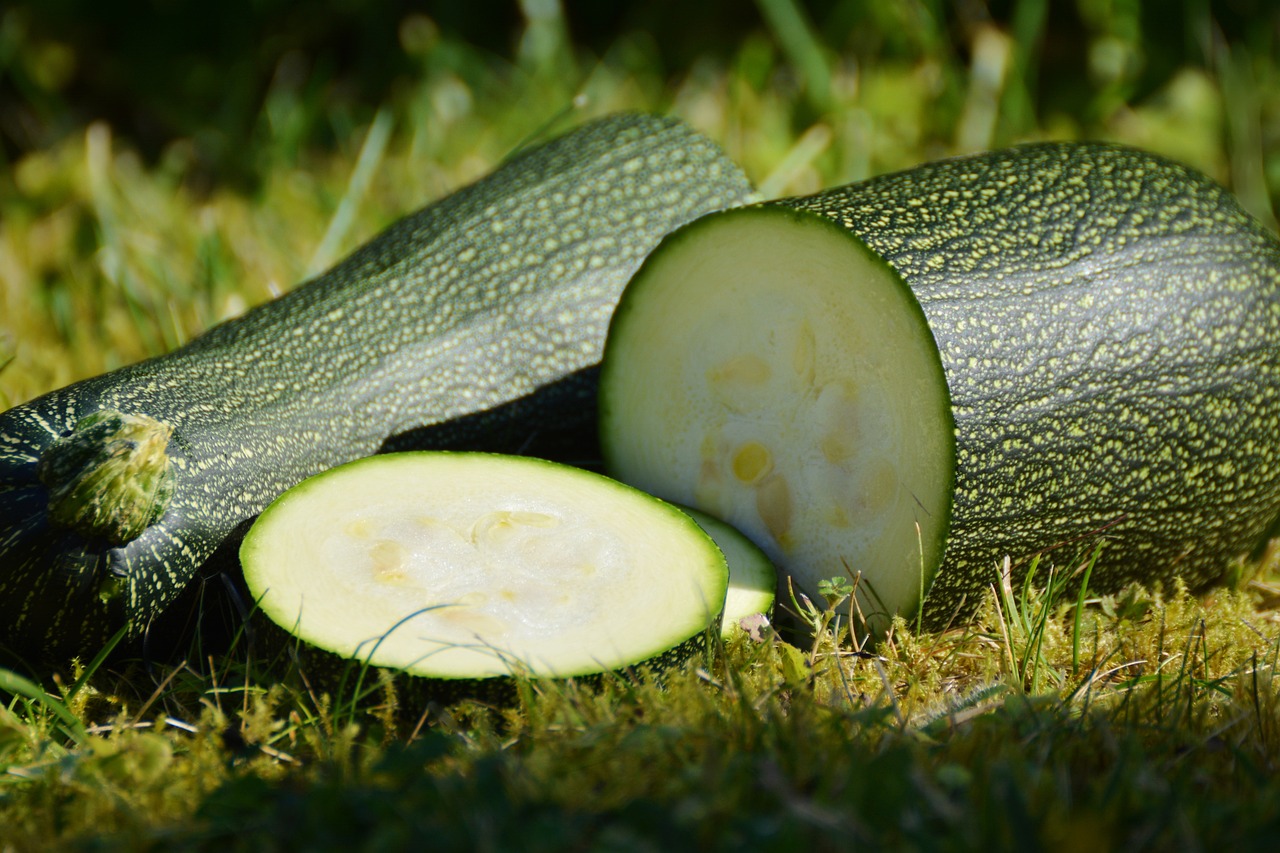This guide will take you through the simple process of harvesting zucchini seeds, ensuring you have everything you need for future plantings.
Why Harvest Zucchini Seeds?
There are several reasons why you might want to harvest seeds from your zucchini plants:
Cost-Effective Gardening: By saving seeds, you can reduce costs associated with purchasing new seeds each planting season.
Preserving Varieties: If you grow a unique or heirloom zucchini variety, saving seeds allows you to maintain that specific cultivar.
Gardening Satisfaction: There’s something immensely rewarding about nurturing a plant from seed to harvest and then returning the favor by saving seeds for the next growth cycle.
Choosing the Right Zucchini for Seed Harvesting
Not all zucchinis are suitable for seed harvesting. Here’s how to choose the right ones:
Select Fruitful Plants: Choose zucchinis that are healthy, disease-free, and have produced a good yield. These plants are likely to produce robust seeds.
Leave Some Zucchini to Mature: For seed harvesting, you’ll need to let one or two zucchinis remain on the vine longer than usual. Ideally, the fruit should be fully mature, which means it’s hardened and turned to a darker color, resembling what you might see in winter squash.
The Seed Harvesting Process
Once your selected zucchinis have matured and dried on the vine, it’s time to gather the seeds. Here’s a step-by-step guide:
Step 1: Harvest the Zucchini
Using a sharp pair of garden shears, cut the mature zucchini from the vine. Be gentle to avoid damaging the plant, as you may want to harvest more fruits in the future.
Step 2: Prepare the Zucchini
After harvesting, allow the zucchini to rest at room temperature for a few days. This helps to further dry out the fruit and makes seed extraction easier.
Step 3: Extract the Seeds
Cut the Zucchini: Slice the zucchini open lengthwise. Take care to utilize all the flesh, as the seeds are nestled within the pulp.
Scoop Out the Seeds: Use a spoon to scoop out the seeds and surrounding pulp. It can get a little messy, so be prepared!
Step 4: Clean the Seeds
Once you have extracted the seeds, it’s important to clean them to prevent mold and ensure good viability:
Place the seeds and any residual pulp in a bowl of water.
Stir gently to help separate the seeds from the pulp. The seeds will sink while the pulp will float.
Remove the pulp and debris floating on the surface. Rinse the seeds under running water in a fine mesh strainer until they are clean.
Step 5: Dry the Seeds
To store your zucchini seeds properly, you’ll need to ensure they are completely dry:
Spread the cleaned seeds in a single layer on a paper towel or a clean, dry surface.
Allow them to dry for about 7-14 days in a warm, well-ventilated area away from direct sunlight.
Step 6: Store the Seeds
Once the seeds are dry, it’s time to store them:
Use small envelopes, paper bags, or airtight containers to keep your seeds.
Label each container with the variety and date of harvest. It’s essential for keeping track of seed viability, as some seeds can last longer than others.
Tips for Successful Seed Saving
Avoid Hybrid Varieties: If you want to save seeds, stick to open-pollinated varieties rather than hybrids, as hybrid seeds may not produce plants true to their parent.
Practicing Crop Rotation: To prevent cross-pollination in future seasons, practice crop rotation, especially if you’re growing different varieties of zucchini close together.
Monitor Seed Viability: To check how viable your seeds may be before planting them, you can do a germination test by placing a few seeds on a damp paper towel, folding it, and leaving it in a warm spot. If they sprout within a week or two, they should be good to go.
Conclusion
Harvesting zucchini seeds can be a fulfilling addition to your gardening routine. It not only helps you save money but also allows you to cultivate healthier, more resilient plants over time. Whether you’re new to gardening or a seasoned pro, this practice can enhance your appreciation for the life cycle of plants and the effort it takes to nurture them.





